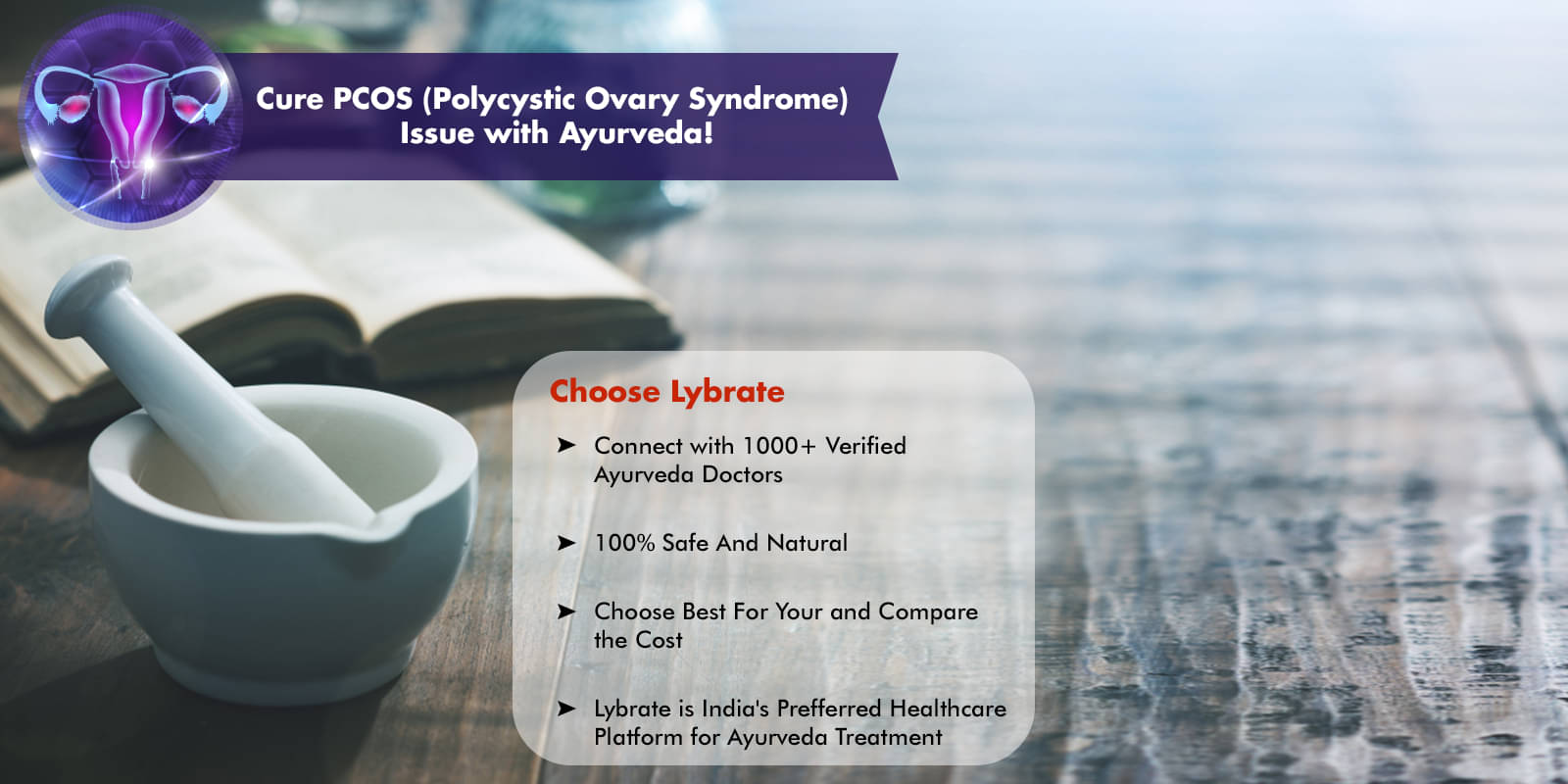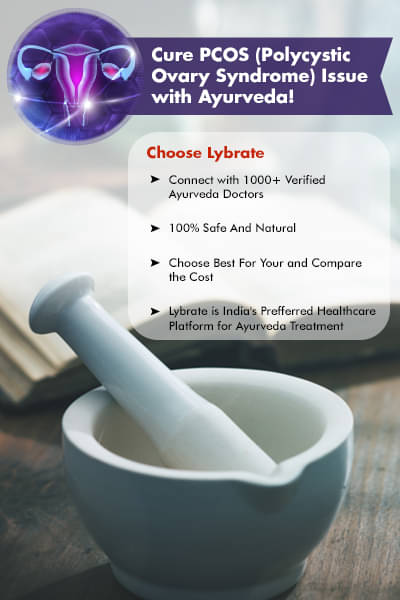

1.What may be the cause of PCOS?
As per Ayurveda, the impairment in Pitta and Kapha Doshas are mainly responsible for PCOS and its symptoms. The aggravation of these dosha toxifies the tissues in the body and imbalances the hormones which ultimately leads to the formation of ovarian cysts.
2. How effective is Ayurveda for treating PCOS?
Ayurveda is the best non-surgical approach to treat Polycystic Ovary Syndrome. This branch of medicine follows a holistic way and every patient is given a unique therapy based on the severity of the condition.
3. What is the average time duration for the PCOS treatment in Ayurveda?
Treatment for PCOS should be continued for a period of at least 6 months. In some complicated cases of PCOS, the treatment may last up to 18 months.
4. Is there any dietary pattern that should be followed during Ayurvedic treatment for PCOS?
It is important to modify the eating habits in PCOS patients from an ayurvedic perspective. The intake of milk and other dairy products should be limited. Potatoes, rice, nuts, sugar, spices should be avoided. Instead, fruits such as apples, oranges, papaya, pears and pineapple should be eaten regularly. Overeating should be totally avoided.
5. Are there any lifestyle changes needed during PCOS treatment in Ayurveda?
PCOS patients must develop a lifestyle that can help in balancing the Doshas. An active life routine should be followed throughout the course of treatment. Patients must do Yoga, meditation or any other light exercise to regulate hormonal levels. Smoking or drinking alcohol should be restricted since it aggravates menstrual problems.
6. Can Ashwagandha cure PCOS?
Ashwagandha is one of the effective ayurvedic herbs that help against PCOS symptoms by balancing the level of hormones in the body. Other herbs such as Shatavari, Shilajit, Vibhitaki, Karavellaka and Guduchi are also prescribed by the Ayurvedic practitioner as per the medical condition of the patient.